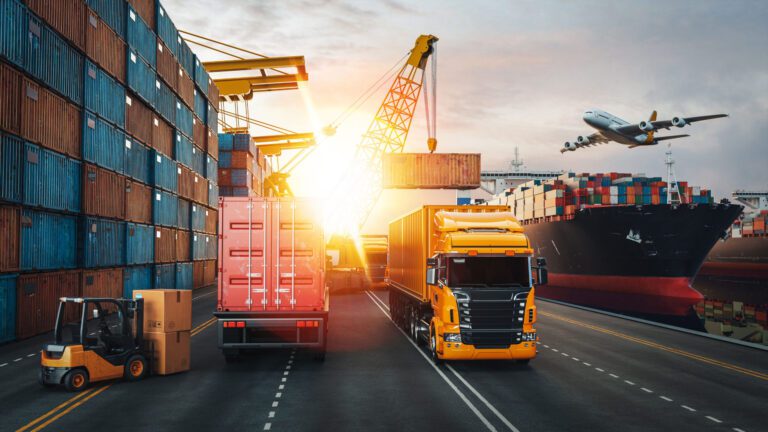
1. Understanding the Importance of Transportation: A Foundation for Economic Growth
transportation serves as the backbone of modern societies, facilitating the movement of people, goods, and services across various regions and industries. It plays a crucial role in driving economic growth by connecting businesses to markets, consumers to essential services, and communities to opportunities. Whether by road, rail, air, or sea, efficient transportation systems enable commerce, trade, and social interactions, fostering productivity and development. Understanding the multifaceted importance of transportation underscores the need for reliable and effective mobility solutions in today’s interconnected world.
2. Exploring Diverse Modes of Transportation: Meeting Varied Needs and Demands
The evolution of transportation has given rise to a diverse array of modes and methods, each tailored to specific needs and demands. Road transportation, including cars, trucks, and buses, remains the most common and accessible mode for passenger and freight movement, offering flexibility and door-to-door service. Rail transportation provides a cost-effective and environmentally friendly option for long-distance freight haulage, complemented by efficient passenger services in many regions. Air transportation offers unparalleled speed and global connectivity, making it indispensable for international travel and express cargo shipments. Meanwhile, maritime transportation handles the bulk of global trade, transporting goods across oceans and waterways efficiently and cost-effectively. By embracing these various modes of transportation, societies can address diverse mobility challenges and optimize resource utilization.
3. Addressing Sustainability Challenges: Pursuing Environmental and Social Responsibility
In recent years, the transportation sector has faced increasing scrutiny over its environmental impact and sustainability practices. With concerns about air pollution, greenhouse gas emissions, and climate change on the rise, there’s growing pressure to develop cleaner and more sustainable transportation solutions. This has led to innovations in electric and hybrid vehicles, as well as advancements in alternative fuels such as biofuels and hydrogen. Moreover, initiatives to promote public transit, cycling infrastructure, and pedestrian-friendly urban planning aim to reduce reliance on private vehicles and mitigate congestion and emissions. By prioritizing sustainability and embracing eco-friendly transportation technologies, societies can minimize their carbon footprint and create more livable and resilient communities for future generations.
4. Embracing Technological Advancements: Driving Efficiency and Innovation
Technology plays a pivotal role in shaping the future of transportation, driving efficiency, safety, and innovation across the industry. Intelligent transportation systems leverage data analytics, sensors, and communication technologies to optimize traffic flow, improve road safety, and enhance transportation planning and management. Autonomous vehicles hold the promise of revolutionizing personal and commercial mobility, offering the potential for safer, more efficient, and accessible transportation services. Moreover, digital platforms and mobile applications enable seamless integration of various modes of transportation, empowering users to plan and optimize their journeys with ease. By embracing these technological advancements, societies can unlock new opportunities for sustainable growth and mobility.
5. Overcoming Challenges and Building Resilience: Adapting to a Changing Landscape
Despite the numerous benefits of modern transportation, the sector faces various challenges, including congestion, infrastructure deficits, and geopolitical uncertainties. Addressing these challenges requires strategic investments in infrastructure development, maintenance, and modernization, as well as policy reforms to promote sustainable and inclusive mobility solutions. Additionally, resilience planning and disaster preparedness are essential for mitigating the impact of natural disasters, extreme weather events, and other disruptions on transportation networks. By fostering collaboration and innovation, governments, businesses, and communities can overcome these challenges and build more resilient and adaptive transportation systems that serve the needs of present and future generations.
In conclusion, transportation plays a vital role in driving economic growth, facilitating social interactions, and connecting communities and markets across the globe. By embracing diverse modes of transportation, prioritizing sustainability, leveraging technological advancements, and overcoming challenges, societies can build efficient, resilient, and inclusive mobility systems that meet the needs of a rapidly evolving world. As we continue to navigate the complexities of modern mobility, collaboration, innovation, and strategic planning will be essential for shaping a more connected and sustainable future.